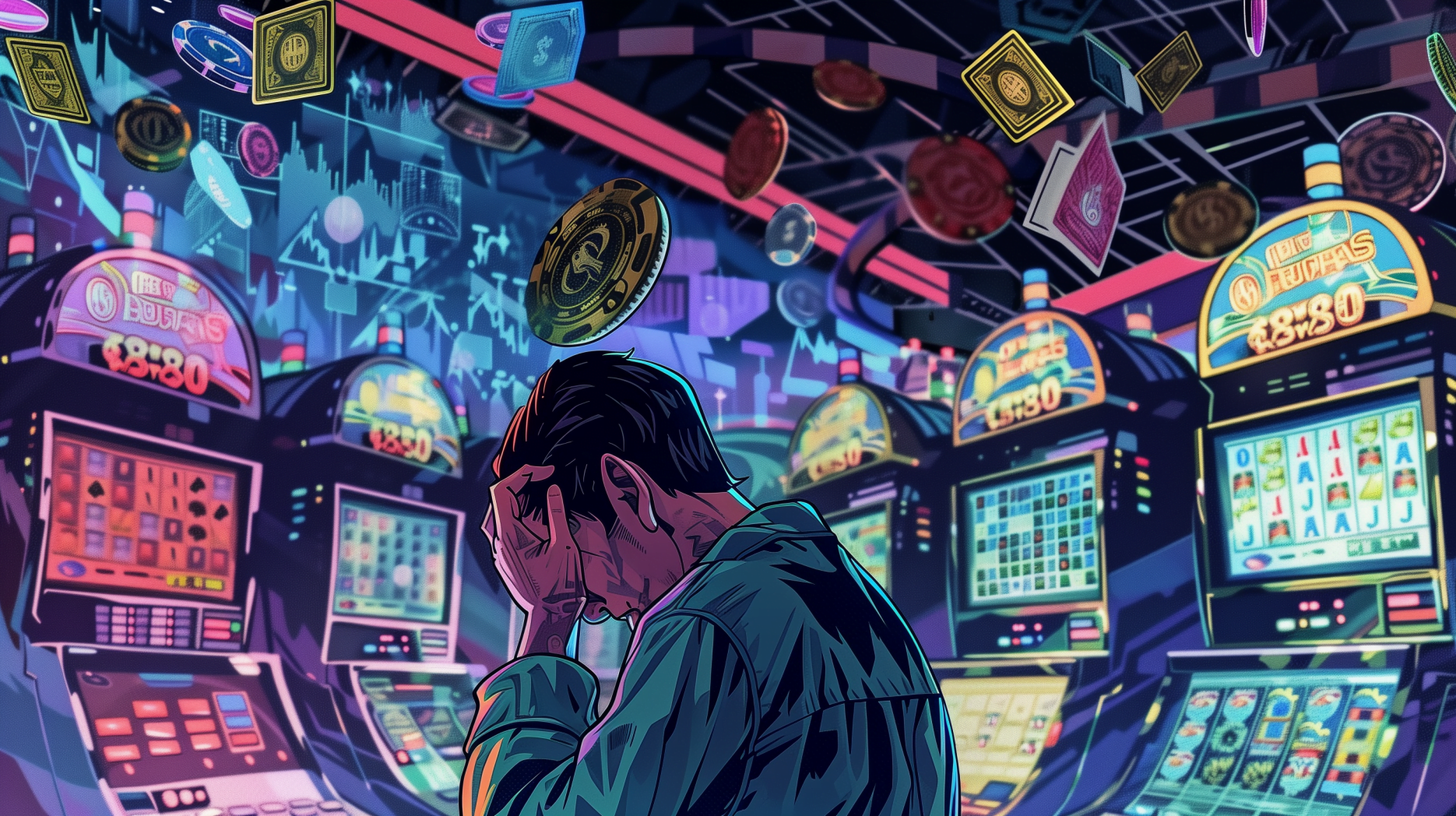When it comes to gambling, myths and misconceptions run rampant. These fallacies can lead players astray, causing them to make poor decisions and lose more money than they should. Today, we’re going to debunk some of the most common gambling fallacies to help you play smarter and safer.
The Gambler’s Fallacy
What it is: The belief that past events can influence the outcome of future events in a game of chance.
Example: After flipping a coin and landing on heads five times in a row, you might think tails is “due” next.
The Truth: Each flip of the coin is an independent event with a 50/50 chance, regardless of previous outcomes. The same goes for spins of a roulette wheel or rolls of a dice. Don’t let past results influence your future bets. Believing that a certain outcome is “due” can lead to chasing losses and making larger, riskier bets to try and “balance” the perceived odds.
The Hot Hand Fallacy
What it is: The belief that a person who has experienced success with a random event has a higher chance of continued success.
Example: A player who wins several hands of poker in a row believes they are on a winning streak and will continue to win.
The Truth: In reality, each hand of poker is independent. Past wins don’t change the odds of future hands. This fallacy can lead to overconfidence and larger, riskier bets. It’s important to remember that luck in gambling can fluctuate wildly, and no one stays “hot” forever. Responsible players recognize that a winning streak is a temporary run of good luck, not a sign of increased skill or guaranteed future success.
The Near-Miss Fallacy
What it is: The belief that a near-miss (just missing a jackpot) means a win is imminent.
Example: You’re playing slots and you almost hit the jackpot. You think, “I was so close! I must be about to win!”
The Truth: Slot machines and other games of chance are designed to be random. A near-miss is just that – a miss. It doesn’t mean you’re any closer to a win than before. Game designers often use near-misses to keep players engaged and hopeful, but it’s essential to recognize that these are random occurrences with no bearing on future results. Continuing to play because you “almost” won can lead to prolonged sessions and increased losses.
The Monte Carlo Fallacy
What it is: Similar to the gambler’s fallacy, it’s the belief that a certain outcome is “due” after a long series of the opposite outcomes.
Example: After 10 spins of a roulette wheel landing on black, you think red must come up next.
The Truth: Each spin of the roulette wheel is an independent event. The probability of red or black remains the same on every spin, no matter what happened before. This fallacy can lead to players making larger bets under the mistaken belief that a balance must be restored. Understanding the independence of each event is crucial to avoid falling into this trap.
The Illusion of Control
What it is: The belief that you can influence the outcome of a game of chance through skill or strategy.
Example: A player might believe they can control the roll of dice in craps or the outcome of a slot machine by the way they press the button.
The Truth: Games of chance are designed to be random. While some games like poker involve skill, most casino games are purely luck-based. Believing you have control can lead to reckless betting and bigger losses. This fallacy can be particularly dangerous because it gives players a false sense of confidence and encourages them to take unnecessary risks. Recognizing the role of chance and the limitations of personal influence is vital for maintaining a healthy gambling mindset.
Stay Smart, Play Smart
Understanding these common gambling fallacies can help you avoid the traps that lead to unnecessary losses. Remember, gambling should always be fun and never be seen as a way to make money. Stay informed, play responsibly, and most importantly, know when to walk away.
These insights will help you make more informed decisions and enjoy your gambling experience without falling victim to common fallacies. So next time you’re at the casino or playing online, keep these fallacies in mind and play smarter, not harder!
For those who want to enjoy the thrill of casino games without risking real money, BlockSpinGaming offers a unique experience. As a free-to-play social casino, BlockSpinGaming allows you to enjoy a variety of games, including slots, plinko, crash, and scratch cards, with the chance to win NFTs. This can be a fun and safe way to experience the excitement of gambling while avoiding the pitfalls of real-money wagers. Join now!




